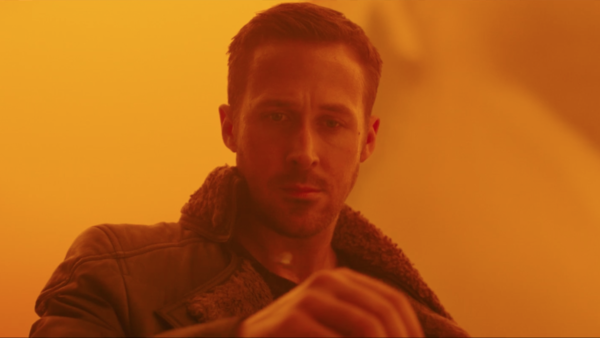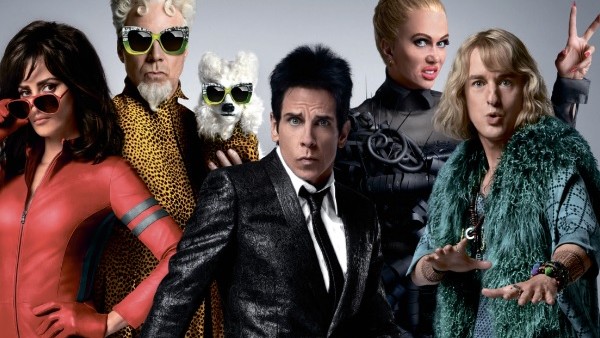8 Lessons Studios Must Learn To Avoid Making Box-Office Duds
A big-budget, 3-hour sequel to a cult classic was always going to flop...

Hollywood hasn't exactly had the best of years when it comes to box-office receipts.
Domestically, the summer of 2017 was the lowest-grossing since 2006, and revenue for the final weekend in August - which saw no new major wide releases - was the worst the industry has seen in 16 years.
And the bad news doesn't stop there. The first weekend in August saw The Dark Tower top the North American box-office with a paltry $19 million, whereas last year, Suicide Squad opened in the same slot with around $133 million. What exactly is going on?
There are a number of uncontrollable factors contributing to these poor results - the rapid rise of digital streaming services, TV shows like Game Of Thrones gobbling up leisure time - but Hollywood itself isn't without fault.
The industry isn't in complete turmoil, and the occasional breakout hit (Get Out, Deadpool) does indicate that people still love going to the movies.
But, based on the dwindling box-office returns of certain franchises and the flat-out failure of several major studio blockbusters, it’s clear that Hollywood needs to learn a few things in order to prevent these occurrences in the future.
8. What Was Once Popular Might Not Be Popular Now

There are numerous examples of Hollywood resurrecting long-dormant properties, and the result is usually one of two things; a critical failure, or a box-office failure.
Indiana Jones 4 and Dumb And Dumber To were both met with a negative reception but each made a decent amount of money, while movies like Zoolander 2, Independence Day: Resurgence and Blade Runner 2049 - so far, in the latter’s case - all failed to make enough cash to be considered a success.
Either way, the outcome isn't positive. So what’s the problem?
Well, in most of these cases, it didn’t help that the movies themselves weren’t that great. Blade Runner is the notable exception, but more often than not, studios think that a recognisable IP will cover for the fact that the movie is bad. The nostalgia hit might raise the hype or provide an opening weekend bump, but a low quality movie won’t have legs, or long-term sustainability.
Then there’s the simple fact that all these franchises had their time, and people have moved on to new things. Comedy movies tended to be more slapstick and family-friendly in the ‘90s and early ‘00s - when Zoolander and Dumb And Dumber opened - but today, audiences prefer their laughs to be more R-rated and crude.
Similarly, epic disaster movies used to be the biggest blockbusters around, the likes of Independence Day, Armageddon and Deep Impact proving very popular with audiences around 20 years ago. But now, disaster movies are usually labelled as cheesy, over-the-top, and dumb, with smarter, wittier blockbusters proving the bigger hits with moviegoers.
Of course, some franchises will always be relevant - like Star Wars - but they’re few and far between, and on the whole, studios would be wise to stop looking 20 or 30 years into the past for something to dump into theatres.